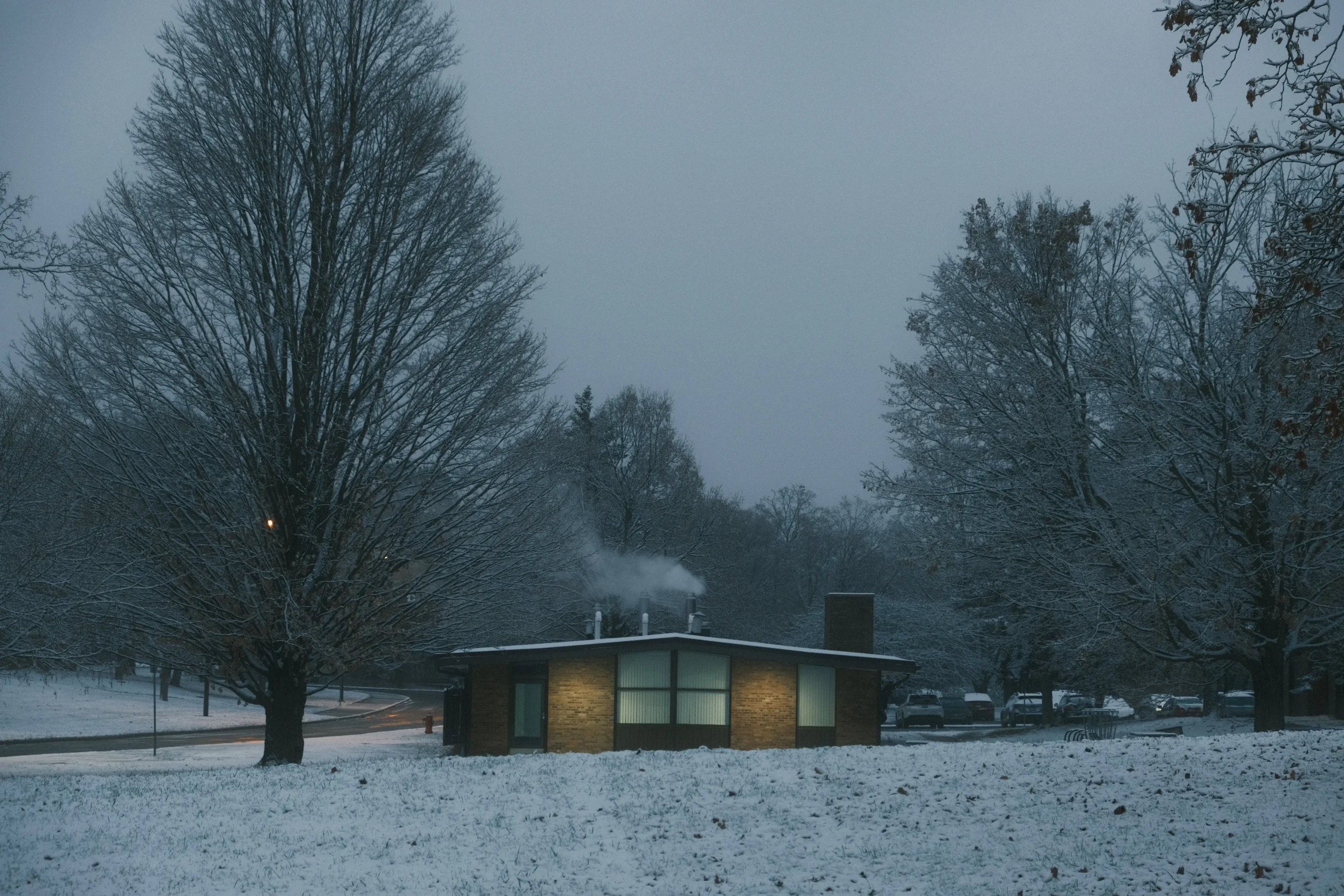A heat pump is an incredibly versatile system that can provide heating and cooling comfort for your home year-round. Unlike a furnace, which only produces heat, or an air conditioner that only provides cooling, a heat pump can do both jobs while being powered by electricity. In the winter, a heat pump extracts latent heat from outdoor air and transfers it to your home – even when temps dip below freezing.
This article will answer the question how does a heat pump work in the winter? We will use basic science to explain the breakdown of this so you gain better insight into this highly efficient heating and cooling solution.
Basics of Heat Pump Operation
The Core Components Of A Heat Pump System
First off, let’s break down the core components of a heat pump system. A standard heat pump system consists of two primary parts: a compressor and two coils – one indoor and one outdoor. The refrigerant circulates through these coils, absorbing and releasing heat as it moves inside and outside the house.
Heat pumps come in various types but generally fall into three main categories connected by ducts: air-to-air, water source, and geothermal systems. These systems collect heat from the air, water, or ground near your home and channel it inside to keep the temperature comfortable.
Heat Transfer: The Key Principle Behind Heat Pumps
Heat transfer is the key principle for understanding the mechanism of a heat pump in the winter. Heat naturally flows from warmer areas to colder areas. A heat pump system leverages this by using refrigerant to absorb heat outside and transfer it toward the interior of your home.
How Does A Heat Pump Work In The Winter?

In winter, a heat pump uses the same cycle as in the summer, just in reverse. Cold air from inside your home meets a high temperature, high-pressure air in the indoor coil. This hot air gives heat to the cold air and then goes throughout your house, making it cozy.
So, where does this heat come from? The answer may come as a surprise, but outdoor air contains some heat even in cold weather. Heat moves from the outside air to the liquid refrigerant at low pressure and temperature. Following this, the refrigerant undergoes compression, increasing both its temperature and pressure before it is used to warm up the indoor air. The cycle continues until the refrigerant condenses into a liquid, and the entire process repeats.
Benefits Of A Well-Maintained Heat Pump
Year-Round Comfort And Energy Savings
 A well-maintained heat pump provides comfortable heating and cooling throughout the year without the need to switch gears every season. Plus, it’s the best investment that can save you a lot of dollars. Today’s heat pumps can reduce electricity usage for heating by about 65% compared to the traditional HVAC. During warmer weather, heat pumps dehumidify more effectively than regular central air conditioners, reducing energy consumption.
A well-maintained heat pump provides comfortable heating and cooling throughout the year without the need to switch gears every season. Plus, it’s the best investment that can save you a lot of dollars. Today’s heat pumps can reduce electricity usage for heating by about 65% compared to the traditional HVAC. During warmer weather, heat pumps dehumidify more effectively than regular central air conditioners, reducing energy consumption.
Extending The Lifespan Of Your Heat Pump
Investing in a maintenance plan that includes all essential checks for your heat pump saves you trouble when you need it most. Well-maintained components experience less mechanical wear and tear and refrigerant leaks over time. Regular dust buildup and debris cleaning also prevent premature failures by reducing the risk of corrosion.
Reduced Environmental Impact With A High-Efficiency System
A finely tuned, high-efficiency heat pump operates with greater energy efficiency, curbing unnecessary resource consumption. Minimizing energy waste not only translates to cost savings for you but also contributes to a smaller carbon footprint. Maintaining your heat pump at peak performance levels is a conscious step towards environmental conservation, making it a win-win for both comfort and sustainability.

End Note
In short, a heat pump is a flexible system that ensures year-round comfort in your home by efficiently providing heating and cooling. Unlike traditional systems, a heat pump in the winter accomplishes this dual role through a reverse cycle, extracting latent heat from the outdoor air and transferring it indoors, even in freezing temperatures.
Considering an upgrade or replacement for your home’s heating and cooling system? Look no further than Johnson’s HVAC. As your expert partner for heat pump solutions, we will ensure your system delivers year-round comfort and a longer lifespan. Contact us today to learn more!


Recent Comments